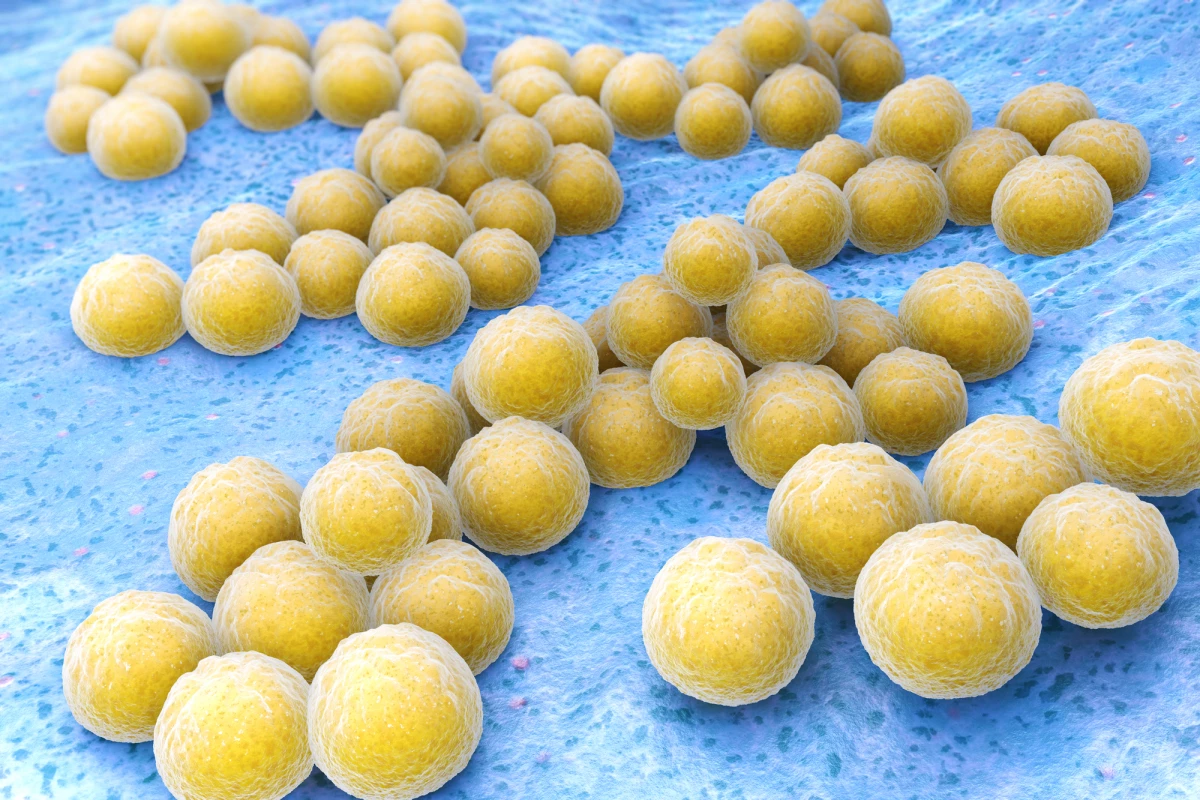Although HEPA filters and ultraviolet lighting systems are effective at neutralizing bacteria in hospitals, homes and other settings, they do have their drawbacks. A new light-activated material known as LumaFlo, however, is claimed to have them both beat.
One problem with HEPA filters is the fact that the filtration media eventually becomes saturated with trapped airborne pathogens, so it needs to be regularly replaced. Additionally, microbes may remain alive in that media for quite some time, plus the filters can impede airflow in a building's HVAC (heating, ventilation and air conditioning) system.
Ultraviolet light doesn't have these drawbacks, but direct exposure to it is harmful to humans. This means that it can only be utilized at times (or in places) when no people are present.
That's where LumaFlo is designed to come in.
Created by an Israeli startup of the same name, it takes the form of a thin black photocatalytic foil made up of "a specially activated carbon" (currently carbon nanotubes, but that could change) and a metal oxide. When the material is exposed to any type of artificial or natural light, it reportedly decomposes any airborne organic molecules and organisms that touch it while flowing past.
The company suggests that it be applied like a decal to surfaces such as HVAC vents, fan blades, or even just walls that are in the path of a room's airflow and which are exposed to light. LumaFlo chairman Harry Yuklea tells us that based on current simulation models, the material should only need to be replaced once a year in relatively clean environments – that's about half as often as filter mats should be changed.
In tests performed at the FDA-approved Aerosol Research and Engineering Laboratory (ARE) in Kansas, LumaFlo foil is claimed to have eradicated 99.997% of airborne Staphylococcus bacteria within 90 minutes. The EPA's minimum requirement for HEPA filters is 99.97%. Additionally, because air just has to pass over the material instead of through it, LumaFlo is said to operate up to six times faster than filter-based systems.
"For normal residential environments we estimate that a LumaFlo DYI kit of 100 square centimeters (five strips of 2 cm x 10 cm) per room will guarantee the performance level proved by the reported ARE test," said Yuklea.
The planned price of such a kit, which should be commercially available by the first quarter of next year, is US$49.
Source: LumaFlo




